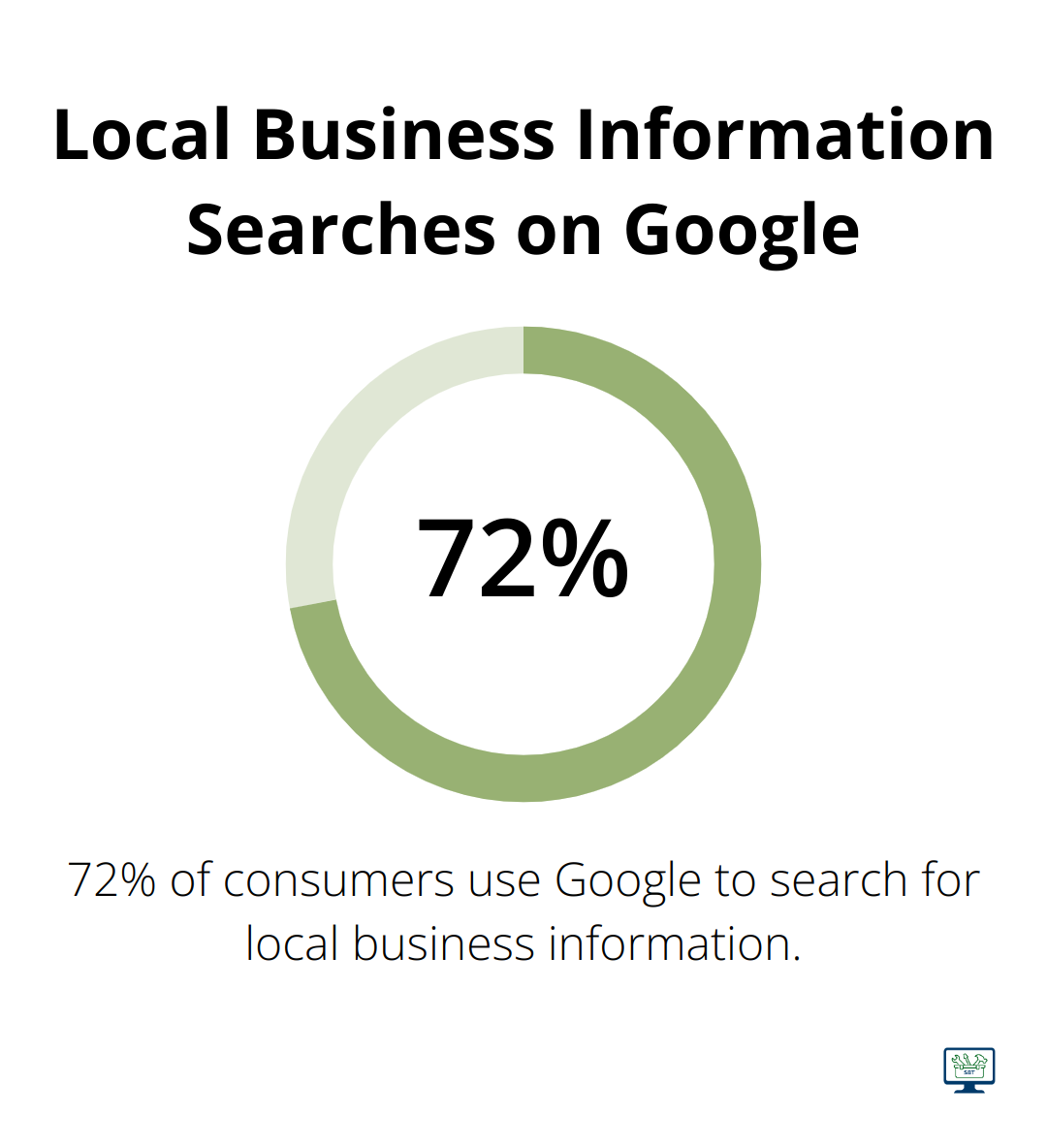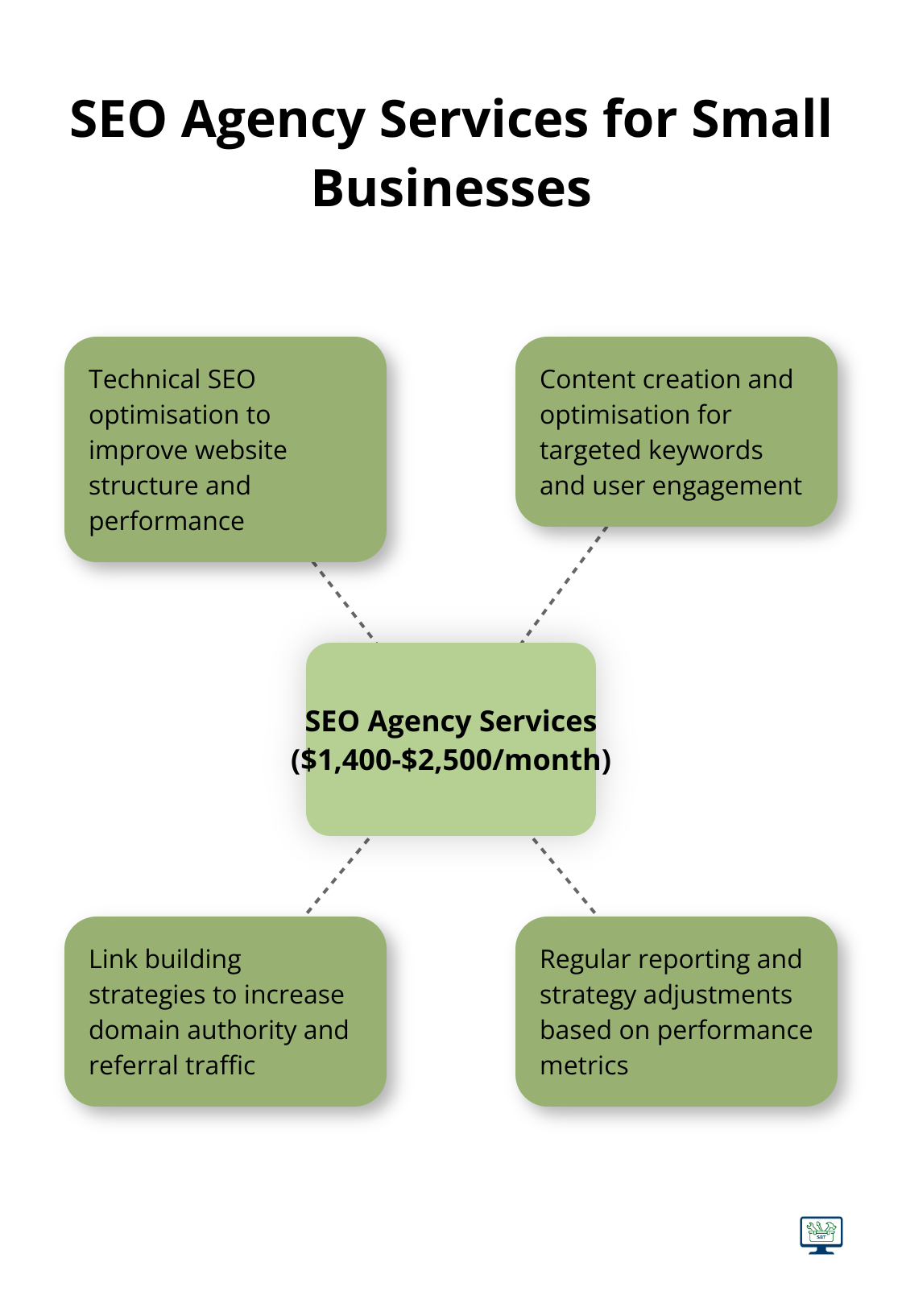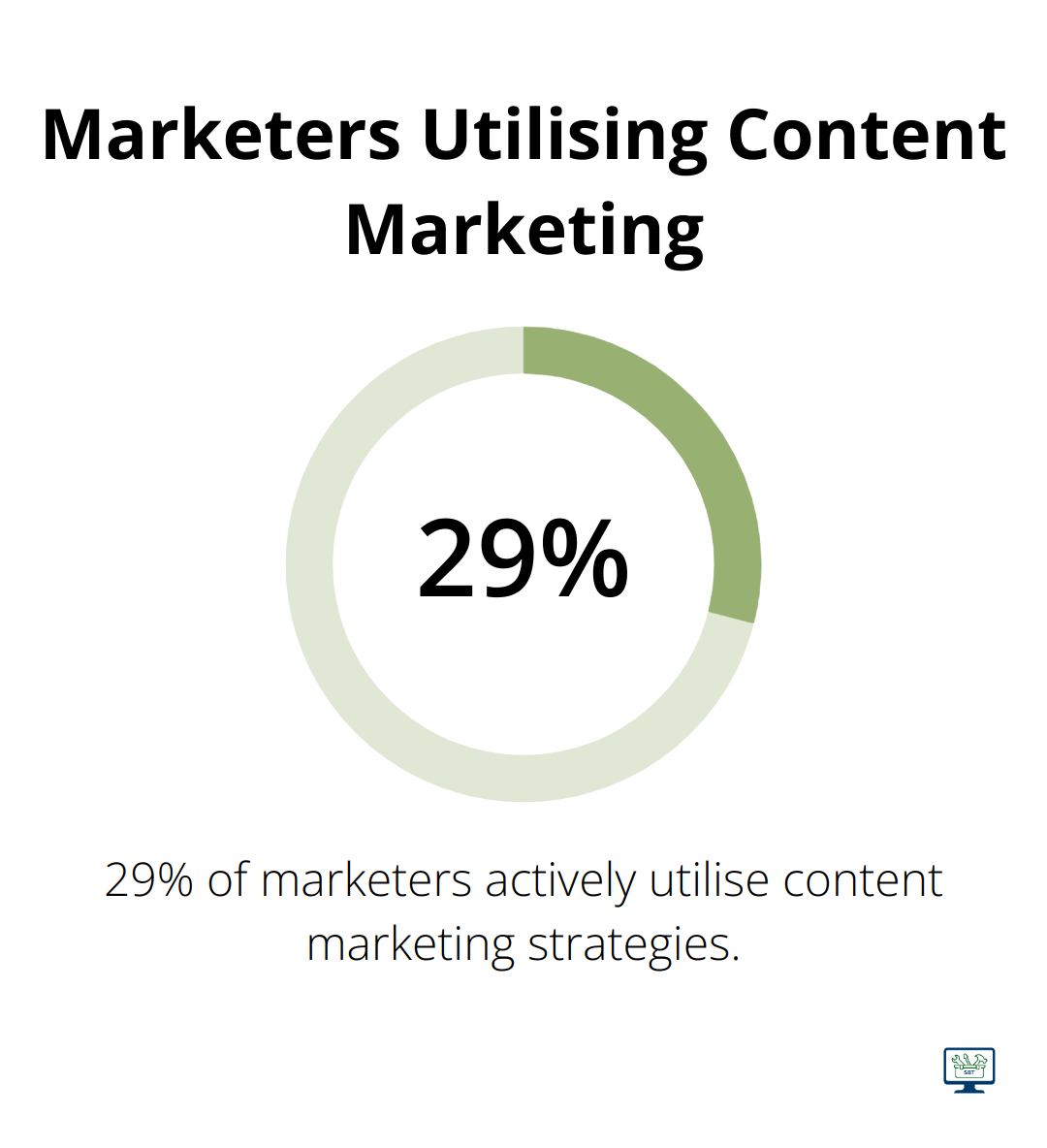Search Engine Optimisation Cost: What to Expect

Published On Jul 10,2025
Search engine optimisation cost is a hot topic for Australian small business owners. Many struggle to understand what they should be paying for SEO services.
At WebsiteStrategies, we’ve seen firsthand how proper SEO investment can transform a company’s online presence. This post will break down the factors affecting SEO pricing and provide insights into typical costs for Aussie businesses.
What Drives SEO Costs?
SEO pricing in Australia can vary widely depending on the scope of work, timeframe, industry competition, and the expertise of the provider. Several key factors influence the cost of search engine optimisation for Australian small businesses. Understanding these elements will help you gauge what to expect when you invest in SEO services.
Website Complexity and Current Performance
The size and structure of your website play a significant role in determining SEO costs. A small, five-page brochure site will require less work than a large e-commerce platform with thousands of products. Similarly, if your site already ranks decently, it may need less intensive work compared to a site starting from scratch.
Competitive Landscape
Your industry’s competitiveness directly impacts SEO costs. For instance, ranking for “plumber in Sydney” will likely cost more than ranking for “vintage typewriter repair in Wagga Wagga”. In Australia, SEO cost is going to be at least $400 a month if you’re a small business and don’t need that many leads and you’re not in a competitive industry. The more businesses that vie for the same keywords, the more resources you’ll need to stand out.
Geographic Focus
Local SEO efforts for a brick-and-mortar shop in Brisbane will differ from national campaigns for an online retailer. Broader geographic targeting often requires more extensive work and, consequently, higher investment. A recent study found that 72% of consumers use Google to search for local business information, highlighting the importance of location-based SEO for many small businesses.

Timeline and Goals
Your desired timeline for results also affects costs. While no such thing as overnight success exists in SEO, aggressive campaigns aiming for quick improvements will generally cost more than gradual, long-term approaches.
Industry Trends and Algorithm Updates
The ever-changing nature of SEO also impacts costs. Search engines (particularly Google) frequently update their algorithms, which can affect your website’s ranking. Staying ahead of these changes requires ongoing effort and expertise. For example, Google’s recent “helpful content” update (which prioritises user-focused content) has prompted many businesses to reassess their content creation strategies.
These factors combine to create a unique SEO landscape for each business. As we move into discussing common SEO pricing models, keep in mind that the most effective SEO strategies (and their associated costs) will depend on your specific business needs and goals.
How Do SEO Providers Charge?
SEO pricing models offer Australian small business owners several options to consider. Understanding these models will help you choose the best fit for your budget and goals.
Monthly Retainer Packages
Monthly retainer packages dominate the SEO industry. These packages typically start from $1999 per month for Australian businesses, depending on the scope of work and the provider’s expertise. This SEO Starter Pack is ideal for small businesses aiming to establish their online presence.
Monthly retainers provide consistency. You’ll have a dedicated team working on your SEO continuously, adapting to algorithm changes and market shifts. However, it’s important to understand what’s included in your package and to review progress regularly.
Project-Based Pricing
Businesses with specific, one-time SEO needs often opt for project-based pricing. This model suits website audits, initial SEO setups, or large-scale content projects. Pricing can vary, and it’s important to understand what to expect for SEO pricing in Australia, including pricing models and factors that affect cost.
Project-based pricing offers clarity on what you’re getting for your money. However, SEO requires ongoing effort, so be prepared to consider follow-up work or maintenance after the initial project concludes.
Hourly Rates
Some SEO professionals in Australia charge hourly rates. This model works well for businesses needing occasional SEO consulting or specific tasks. However, it’s less common for ongoing SEO work due to the difficulty in predicting long-term costs.
Performance-Based Models
Performance-based pricing, where you pay based on achieved results, is a pricing model that includes only a cost-per-action focus. While it might seem attractive, it’s often challenging to implement fairly due to the many factors that influence SEO success.
Regardless of the pricing model you choose, always prioritise transparency and clear communication with your SEO provider. A reputable agency will explain their pricing structure and what you can expect for your investment. The cheapest option isn’t always the best – try to find a provider who can deliver real value for your business.
As we move forward, let’s explore the typical SEO costs for Australian small businesses, including DIY options, freelancer rates, and agency pricing.
How Much Does SEO Cost for Australian Small Businesses?
Australian small business owners often ask about the real cost of SEO. The truth is, SEO costs can vary widely depending on the approach. Let’s break down the options and their associated expenses.
DIY SEO: Low Cost, High Time Investment
Many small business owners start with a do-it-yourself approach to SEO. While this can save money upfront, it requires a significant time investment. You’ll need to educate yourself on SEO best practices, which can take months or even years to master fully.
The monetary costs of DIY SEO primarily involve tools and resources. A basic SEO toolkit might include:
- Keyword research tools: $30-$100 per month
- SEO plugins for your website: $0-$200 per year
- Online courses or books: $100-$500 one-time cost
While DIY SEO can be cost-effective, it’s important to consider the opportunity cost of your time. As a business owner, your time might be better spent on other aspects of your business.
Freelancers and Consultants: Flexible Options
Hiring a freelancer or consultant can be a middle-ground option for small businesses. In Australia, SEO freelancer rates typically range from $50 to $200 per hour (depending on their experience and expertise).
For project-based work, you might expect to pay:
- Basic SEO audit: $500-$2,000
- Keyword research and strategy: $1,000-$3,000
- On-page optimisation: $100-$250 per page
These are one-time costs, and ongoing SEO work will be necessary for long-term success.
SEO Agencies: Comprehensive Solutions
For a more hands-off approach, many Australian small businesses turn to SEO agencies. Small businesses can expect to pay somewhere between $1,400-$2,500 per month for SEO depending on their location, target market and target.
Agency pricing typically includes a mix of services such as:
- Technical SEO optimisation
- Content creation and optimisation
- Link building
- Regular reporting and strategy adjustments
While agency services represent a significant investment, they often provide the most comprehensive and effective approach to SEO for small businesses. According to a survey by Search Engine Journal, 28.6% of businesses spend between $1,001 and $5,000 per month on SEO services.

In-House SEO: A Long-Term Investment
Larger small businesses might consider building an in-house SEO team. However, this option comes with substantial costs:
- SEO specialist salary: $87,500 per year on average
- SEO tools and software: $3,000-$5,000+ per year
- Ongoing training and development: $2,000-$5,000 per year
In-house teams can provide dedicated, business-specific expertise but require a significant long-term investment that may not be feasible for many small businesses.
The right SEO investment for your Australian small business depends on your goals, budget, and resources. While costs can seem high, effective SEO can provide substantial returns through increased visibility, traffic, and ultimately, revenue. Content marketing, which is closely tied to SEO, is an important strategy to consider, with 29% of marketers actively utilising content marketing according to HubSpot’s State of Marketing Report, 2024.

Final Thoughts
Quality SEO investment can significantly impact your business’s online success. The right balance between budget and SEO goals will lead to sustained organic traffic growth, increased brand visibility, and more customers. Search engine optimisation costs vary, but the potential return on investment makes it a worthwhile consideration for Australian small businesses.
When selecting an SEO partner, consider their experience, track record, and approach to SEO. A reputable provider will offer transparency, clear communication, and a tailored strategy that aligns with your business objectives. The cheapest option isn’t always the most cost-effective in the long run.
At WebsiteStrategies, we understand the unique challenges faced by Australian SMEs. Our team offers customised SEO solutions designed to boost your Google rankings and drive sustainable growth. We will help you transform your website into a powerful lead-generating asset (and navigate the complexities of search engine optimisation costs).
